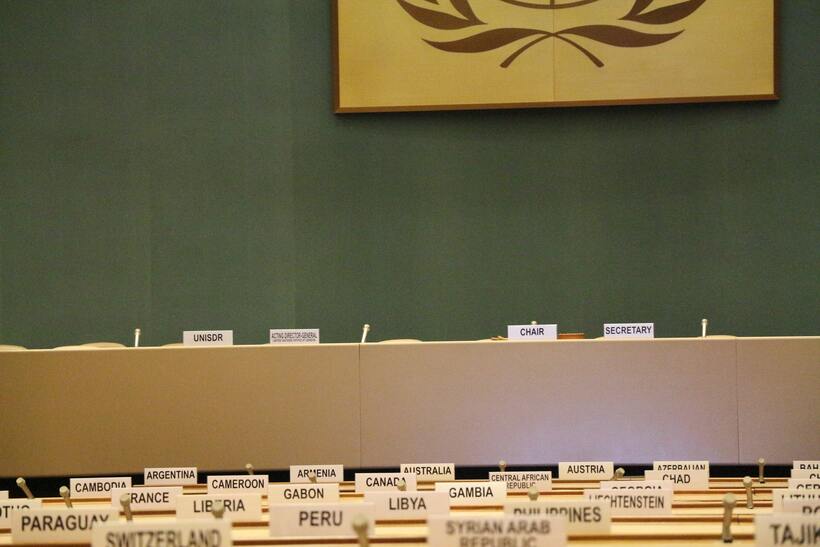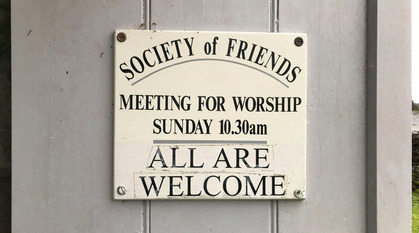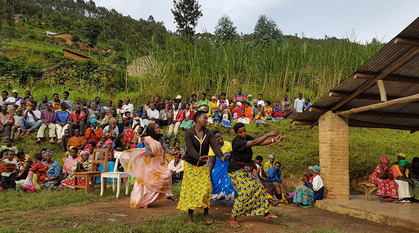The nuclear ban treaty: why international law matters
Marigold Bentley explains why international law is a vital part of the toolkit for creating a better world.

The Treaty on the Prohibition of Nuclear Weapons will enter into force in international law on 22 January 2021. The government of the United Kingdom, a nation state with an active nuclear weapons capacity, has stated many times that it will not become a signatory. So why does a treaty which the UK rejects matter to us as Quakers?
The Treaty on the Prohibition of Nuclear Weapons (TPNW) seeks to outlaw nuclear weapons. The UK is in a minority of nation states with nuclear weapons. Through the TPNW becoming international law, more than 50 nation states are making clear that they want an end to the possession of them. Through the TPNW the UK will be swimming against the norms set by other countries.
A remarkable fact of Quaker worship is that it enables us to envision a world in which war is a thing of the past and right relationships with one another and the planet flourish. Our role, then, as Quakers is to make that religious vision a reality in the everyday. Our personal lives and relationships seek to reflect that vision but so do our structures and work at the national and international level. We are not alone in having that vision and whilst ours is rooted in a radical reading of the Gospels, for others it has different roots.
Working for a better world together
The fun thing about working for a better world, alongside others who approach problems from different perspectives, is that enormous progress can be made as more people identify a shared vision and feel they can join in. The basis is not who or what are we, but what do we want to achieve together? 'Us' can become everyone and not just an elite or a narrow segment of society who serve themselves. The United Nations is such a collective effort. That is why Quakers work together on international law, which itself is a collective effort to make for social change. International law can also be seen as a collective assertion of global values along with limits on how countries can treat each other and their citizens.
Quakers have engaged actively on the international stage since the early days of Quakerism. My reading of our history is that Quakers have had remarkable confidence and belief that by stepping up internationally they will be able to influence and make progress towards the world we want to see. Experience years ago working at the Quaker United Nations Office in New York gave me an insight into the contribution Quakers can make – through involving non-governmental actors and providing opportunities for influential off-the-record conversations.
Global progress
Human constructs such as the United Nations are inevitably flawed and no one could claim they are perfect. There are many forces at play in relation to lawmaking, and a number of them do not have the common good at heart. It would be naïve if we did not recognise this.
However, the purpose of international law is that it can provide a positive framework for global progress on difficult issues. The rules-based system of treaties has provided opportunities for improving standards on many issues including human rights, child soldiers, conscientious objection, disarmament, and environmental protections – to name just a few. Whether a nation state has signed or not, if global standards have been established, a norm is created and an aspiration named.
We now all have a new chance to make the world a safer place through making nuclear weapons illegal. Quakers welcome the UN nuclear ban treaty and will actively use the opportunity it gives us to end ownership, development, threat and use of nuclear weapons for ever.


